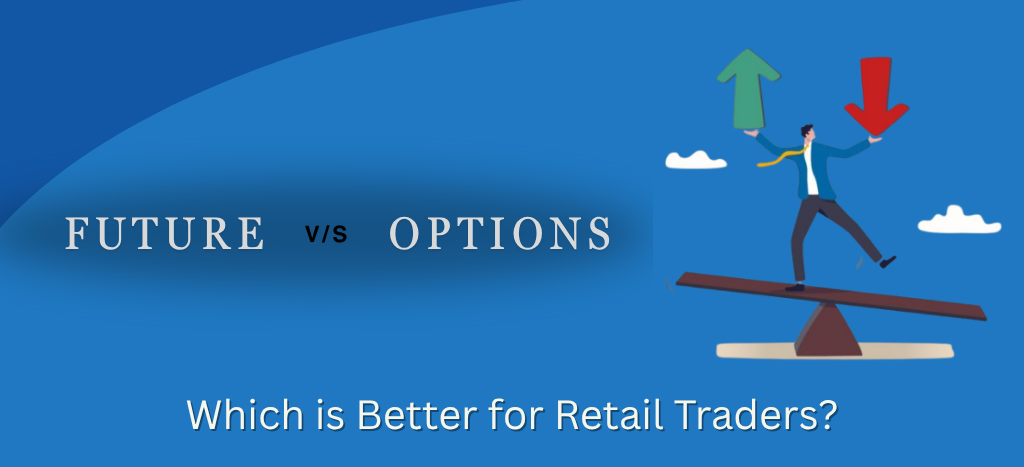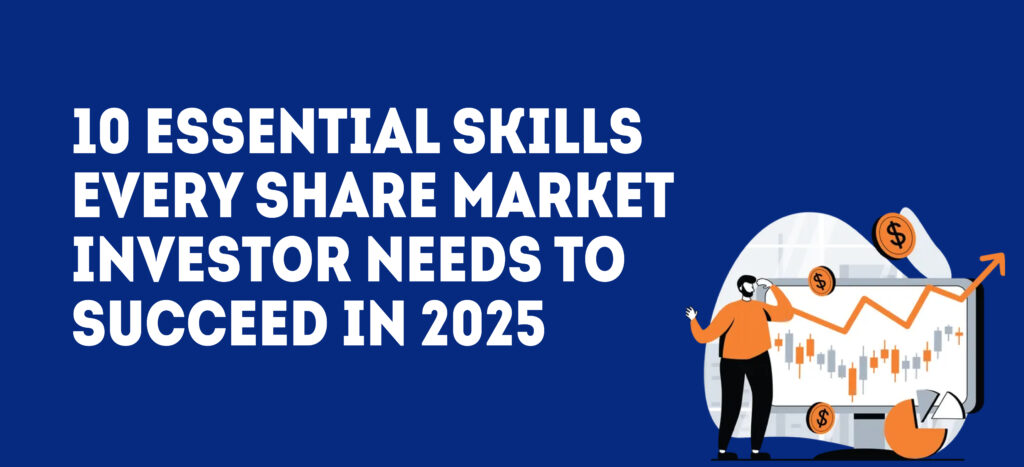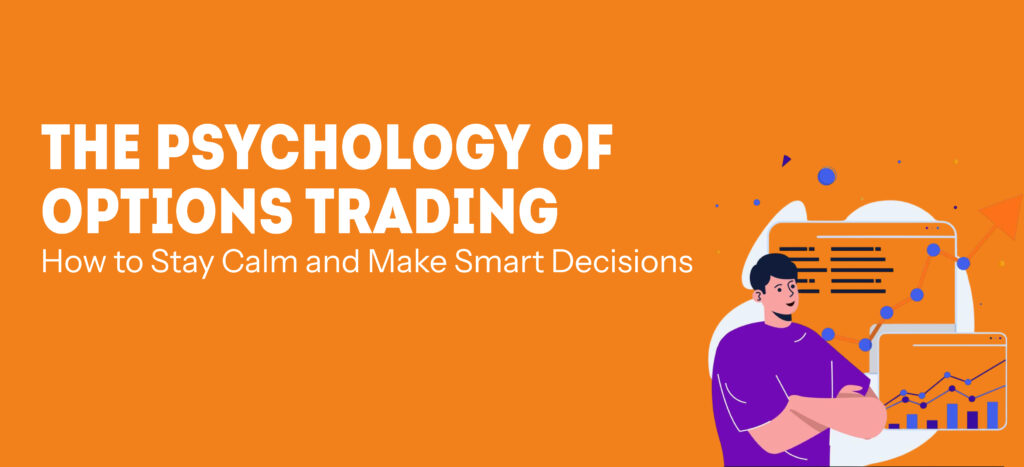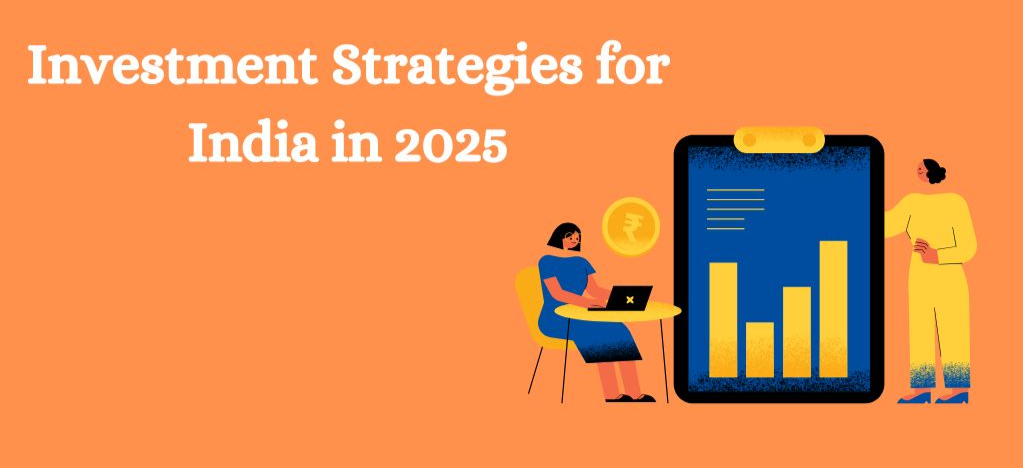Is F&O (futures and options) an area you’re dreaming to trade in, but you don’t know where to begin? OK. Your confusion is valid and you are not alone either. One of the reasons many people interested in F&Os enroll in an option trading course in Pune is to identify the best-suited alternative for their goals. But before you join one, let us overview F&Os to see generally who can choose what.
What are Futures and Options?
Contracts involving futures give you the chance to sell or buy a specific stock or commodity at a defined price sometime in the future. So, whether the market goes up or down, you must follow the deal as your contract requires.
Now, what are options? Options give you a choice. Thus, you have the right but not the compulsion to buy or sell something at a particular price before a specific date. If things do not suit you in the market, you can wait for the option to expire.
Are you a beginner in Options Trading? And thinking where can I get a little more information about it. Well, your wait is over. Cause we have covered it for you. Read our blog on “Options Trading for Beginners: A Complete Guide to Trade” to know more about it.
Differences Between Futures and Options
These are some main points you should learn to better understand both.
| Aspect | Futures | Options |
| Compulsion | You must buy or sell | You can choose what to do |
| Risk Involved | Higher risk | Lower risk if you are buying |
| Cost | You need more money | The investment is lower |
| Profit/Loss | Both are unlimited | Limited loss if buying |
| Learning Curve | Easy for beginners | A little complex for starters |
Whether futures or options, you must make an informed choice based on what suits you. Knowing the pros and cons of both is another important aspect of the decision-making process. So, let us review the various advantages and disadvantages of futures and options.
Pros and Cons of Futures and Options
Here are some advantages and disadvantages of F&Os.
Pros of Futures
Simple to Understand: The concept of agreeing to purchase or sell at a specific future date is simple and easy to understand.
Favors Short-Term Moves: If you predict a quick and significant price movement, you have good leverage with futures.
Useful for High-Capital Traders: Futures require a high margin. Hence, the option is usually more suitable for traders with a large capital.
Cons of Futures
Massive Losses if the Trade Goes Wrong: Futures have the compulsion to complete the trade on a particular date. If the market goes as you expect, great! But even if it does not, you must fulfill the contract, no matter the losses.
Higher Margin Requirement: You are expected to deposit a large sum of money as security to go ahead with trading in futures.
Not Suitable for Low-Capital Traders: Futures require a high margin and unlimited risk. For this reason, traders who have limited funds should stay away from futures.
Want to know what is F&O trading? Well, you can read our blog on “Is F&O Trading Safe? Key Pros, Cons & Risk Tips” and know more about it.
Pros of Options
Small Initial Investment: You can usually buy options at a much lower price than futures. The technical term for it is premium.
Limited Loss (While Buying Options): If you buy an option, at the most you will lose the premium you have paid. It is an excellent way of controlling risk.
Flexibility: Options offer high flexibility. You can use them to profit whether you predict an upward or downward market movement or relative stability.
Cons of Options
Complicated for Beginners: The core concept is easy. However, options strategies come in various types. Learning and understanding them can be difficult for starters.
Time Decay: Options have an expiration date. So, as that date comes near, the option value can decrease. This happens even if the price of the underlying asset does not change. Technically, they call it time decay.
Guessing Can Lead to Losses: Options offer flexibility. However, many beginners struggle to accurately predict market movements, resulting in losses.
What’s Safer for Retail Investors?
Usually, options are a safer alternative for individual investors. This is because the maximum loss in options is limited to the premium they pay.
On the other hand, futures are risky if you do not use a stop loss. Now, what is stop loss? It is an order that auto-closes your trade if the price reaches a particular level, restricting your potential losses. If you do not set it, you can incur unlimited losses.
Final Words
As a beginner or someone with a low capital, you can start with buying options. That is because the risk is limited. Hence, you have a better scope of learning and experimenting without the fear of bearing massive losses.
But whether you choose futures or options, you must;
- Join an options course with the best trading classes in Pune
- Use stop loss and have a proper risk management strategy
Join Wealth Note, a reliable trading institute in Pune, to deal with F&Os effectively and confidently. We offer a comprehensive Option Trading Course in Pune that covers the technical and strategic aspects of F&O. Thousands have already benefitted from our options course. Feel free to contact us at +91 7068001919 for the next appointment.






